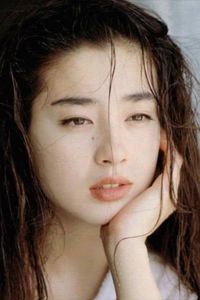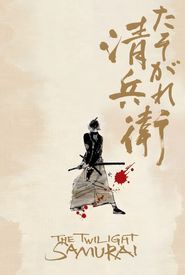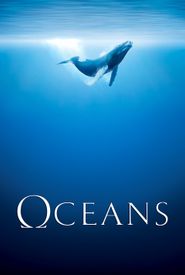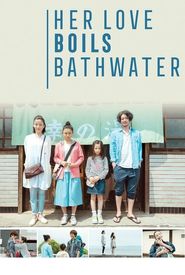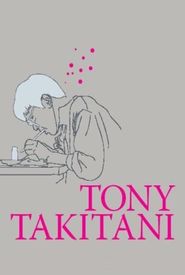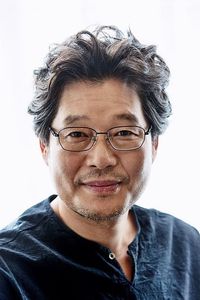Rie Miyazawa is a renowned Japanese actress and former teen idol, celebrated as one of Japan's most accomplished actresses, boasting an impressive collection of accolades, including six Japan Academy Film Prizes and three Kinema Junpo Awards.
Her journey in the entertainment industry began as a child model, with widespread exposure as the original face of Mitsui Rehouse, and she made her acting debut in the 1988 film Seven Day's War, for which she won the Japan Academy Award for Newcomer of the Year at the tender age of sixteen.
Miyazawa's short-lived music career commenced with the single "Dream Rush" in 1989, and the following year, she performed at the prestigious Kōhaku Uta Gassen television special, further solidifying her status as a rising star.
She quickly rose to prominence as one of the top idols of the early Heisei period, attracting controversy with her 1991 nude photography book Santa Fe, which remarkably sold 1.5 million copies. Her personal struggles, including a high-profile engagement to sumo wrestler Takanohana, a suicide attempt, and a battle with anorexia nervosa, were extensively scrutinized by the media.
By 1996, she went into hiatus and briefly relocated to San Diego, only to return to the big screen in the late 1990s with a few television drama roles. Her comeback was marked by her starring role in the Taiwanese films The Cabbie (2000) and Peony Pavilion (2001).
Miyazawa co-starred in the highly-acclaimed 2002 film The Twilight Samurai, which cemented her status as a leading lady in Japanese cinema and remains her most recognizable role both domestically and internationally. Her subsequent success in The Face of Jizo and Tony Takitani (2004) further solidified her position as a prominent actress, and she received numerous accolades for her performances in Pale Moon (2014) and Her Love Boils Bathwater (2016).
